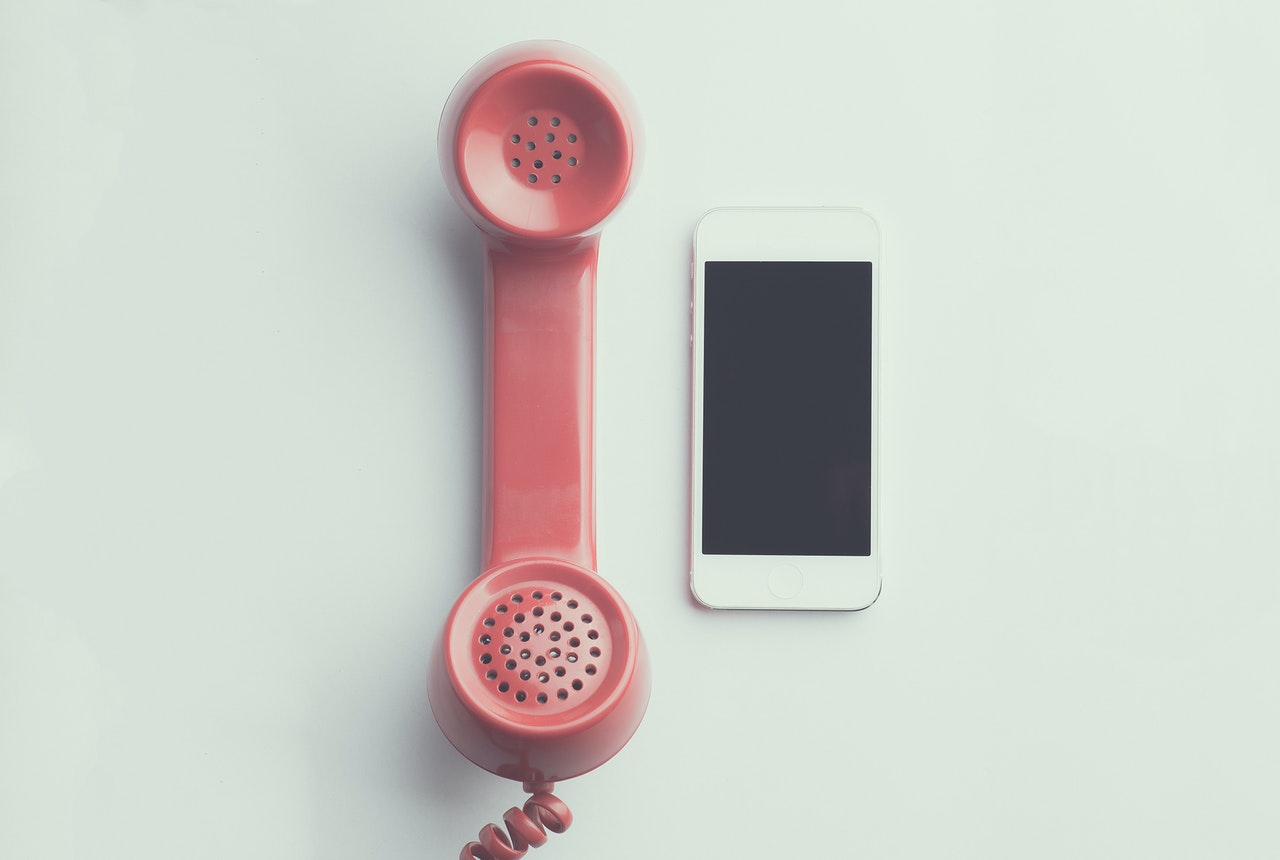
Acceptable Places to Communicate Securely with Another Party
You might never think of physical security coming into play too much if you have a very high level of Internet/Device security. But it is actually a lot more important than one would think. If we are “important” enough to need the security online, we definitely need the security in real life. So the question to ask ourselves is: “where is an acceptable place to communicate securely with another party.” One might think that the comfort of their home would be the best place to do this but I would argue against it. I argue against this because it isn’t difficult for a skilled adversary or Government level body to place physical tools for spying (like cameras or hidden audio recording devices) inside of the places you frequent. They break in when you aren’t there and hide devices meant to capture your every word. If this were to happen, and then you held a very private conversation over Signal with another individual, your entire conversation may be compromised. Jumping onto the other side of the fence, if you are going somewhere very public and not someplace you frequent often to do the communicating, like a coffee shop, you also have a fair amount of physical obstacles to jump. Being careful that people are not recording you in that setting is likely even more difficult and most of these places would have cameras that you need to be avoiding.
So how do we acquire the “perfect place” to communicate with someone else? The best answer I think is: in person. Meeting up with someone in person has the added benefits of not needing a bunch of digital security but it comes with the drawback of ease and usability. It isn’t always easy to just meet someone and have a private conversation with them. You also need to be in complete trust with the person you are meeting. If they turn out to be an adversary under cover, you could have your entire model of security destroyed in seconds. But what if we did the communicating digitally from a location that was removed from our personal life, not very public, and only semi-permanent. An example could be an apartment you are purchasing with cash and a fake name (to keep your identity anonymous). You could take a different route to get here everyday to avoid being followed by anyone, and make use of tools like bug sniffers to make sure the space around you is clean from digital recording equipment. Because this location is not common to your real identity, it isn’t easily compromised.
One thing you should be cautious of though when employing methods like this is how our devices can track our every move if we aren’t careful. Having our phone turned on could disclose our every move to someone who is able to track it. Even an installed application with too many permissions could reveal our location. So keeping your mobile devices under a strict watch is good, but turning them off and considering a Faraday Bag to stop all ingoing and outgoing signals from the device is even better. Seems like a spookie thing to do but Farday Bags and Cages are very common tools for law enforcement that want to make sure devices stay in the state they were taken in. Nico Sell, the Founder of Wickr, talks about “Tricking Google Maps” and providing disinformation Online. I’m not the only one promoting these “crazy” ideas and I am sure it isn’t just the two of us either. Geolocation is a killer and many of the services you use, alongside your mobile device, are lovers of it.
